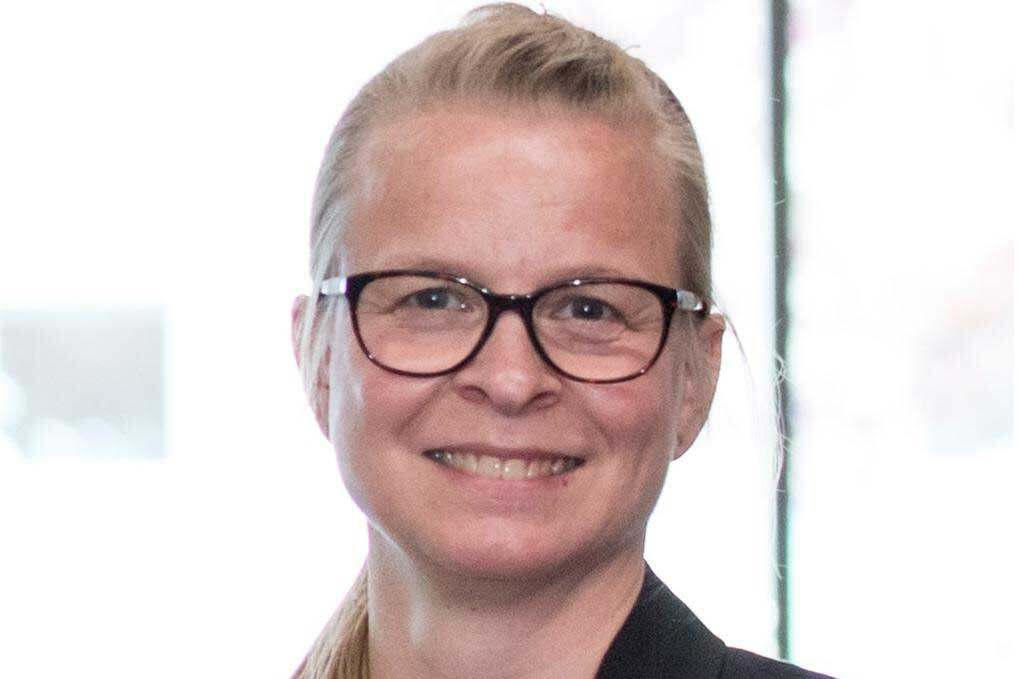Ongoing research by Canterbury organisational psychology researchers highlights the need to develop workplace leaders who can relate to staff as “whole humans”.


Professor Katharina Näswall, Director of the Masters in Organisational Psychology at Te Whare Wānanga o Waitaha | University of Canterbury (UC) and co-lead of the University’s Workplace Analytics Research group believes a gradual culture change is happening in our workplaces.
Where employees were previously expected to leave their emotional lives at home, she sees a growing awareness of the need to cultivate work environments that don’t expect compartmentalisation.
Managers are a critical component in this paradigm shift. However, Professor Näswall says they often lack the training and resources to support staff wellbeing.
“To a large extent, human resources processes remain policy and procedure focused, rather than incorporating emotional wellbeing. I’d argue that managers’ skills in this area should be a formal part of their job description, and one they’re evaluated on.”
Even the terminology we use to describe people skills reflects the lack of value we place on them, says Professor Näswall.
“We still call them ‘soft skills’. But actually, it can be harder, or at least more challenging, to ask how someone is doing, and then really listen and respond well.”
While some businesses baulk at the investment required to develop managers’ skills in this area, evidence shows that when staff feel more valued there are associated payoffs in productivity and commitment.
Professor Näswall believes Aotearoa New Zealand’s wider organisational culture has much to learn from holistic models of wellbeing such as Te Whare Tapa Whā, developed by leading Māori health advocate Sir Mason Durie. Organisations that include social and spiritual dimensions of wellbeing, as well as the more widely acknowledged physical and mental components, will be more inclusive and supportive of diverse workforces, she says.
“For workers in a cultural minority in their workplace, there can be a need to play a role at work, rather than being themselves. That’s both a tiring and psychologically unsafe position to be in.”
Tuihono UC | UC Online is currently offering a Masters of Organisational Psychology that can be completed in 18 months of full-time study. Professor Näswall says this programme has been developed to better meet the needs of a wide range of students, including those who may be integrating study with work and family commitments. The online MOrgPsyc does not lead on to PhD level study or registration as a psychologist.
Professor Näswall believes graduates of both programmes will have an increasingly valuable role to play in the development of healthy workplaces, especially as artificial intelligence becomes more ubiquitous.
“In our programme, we talk about how to create workplace systems made for humans, not robots. I’d argue that you’ll always need skilled people to make that happen.”







































